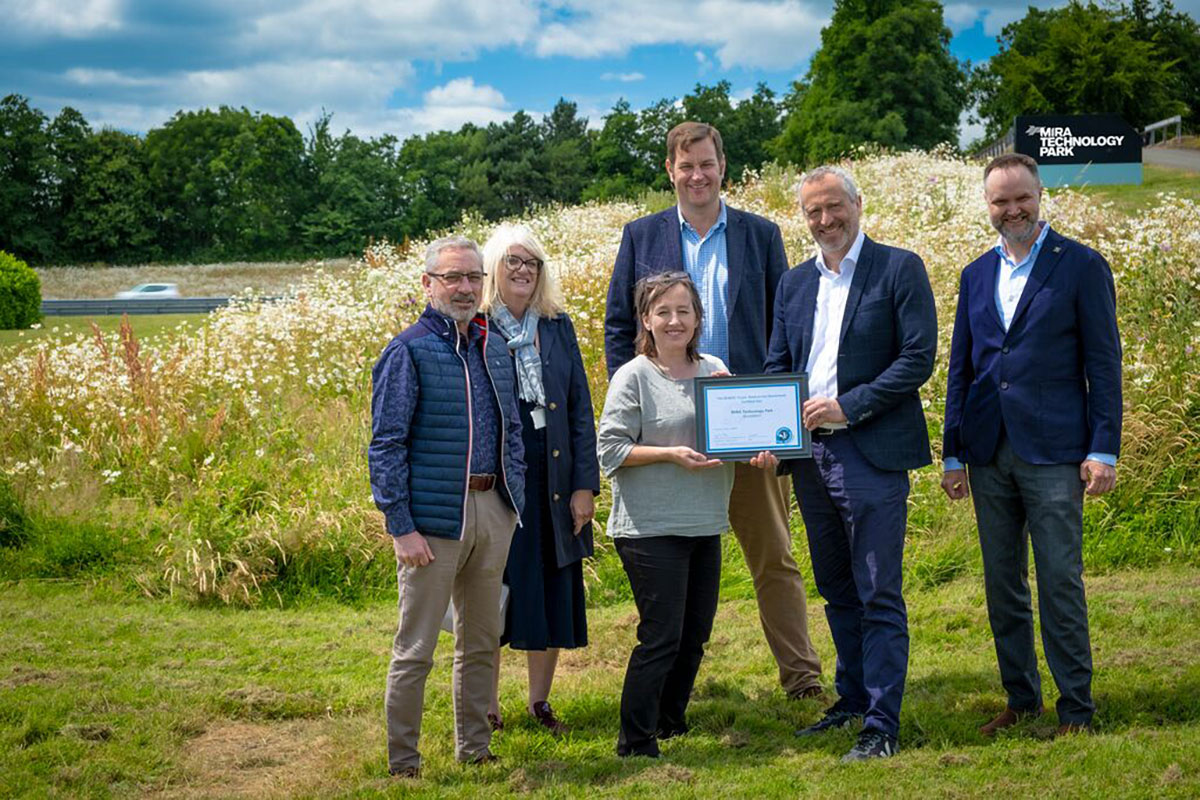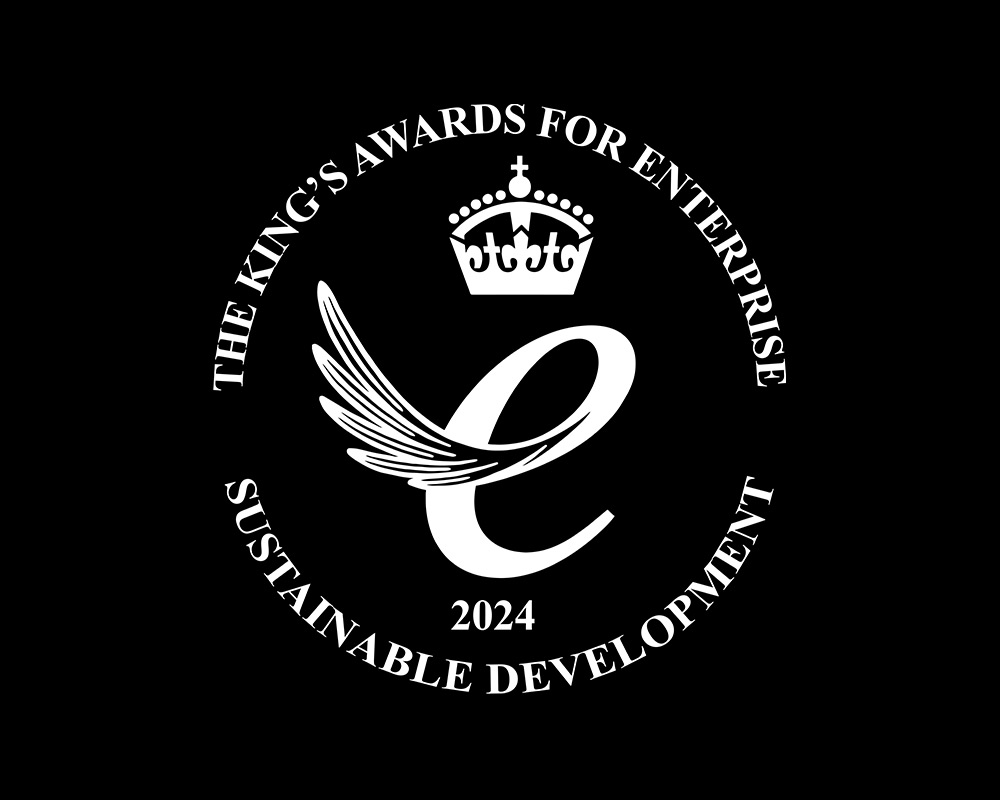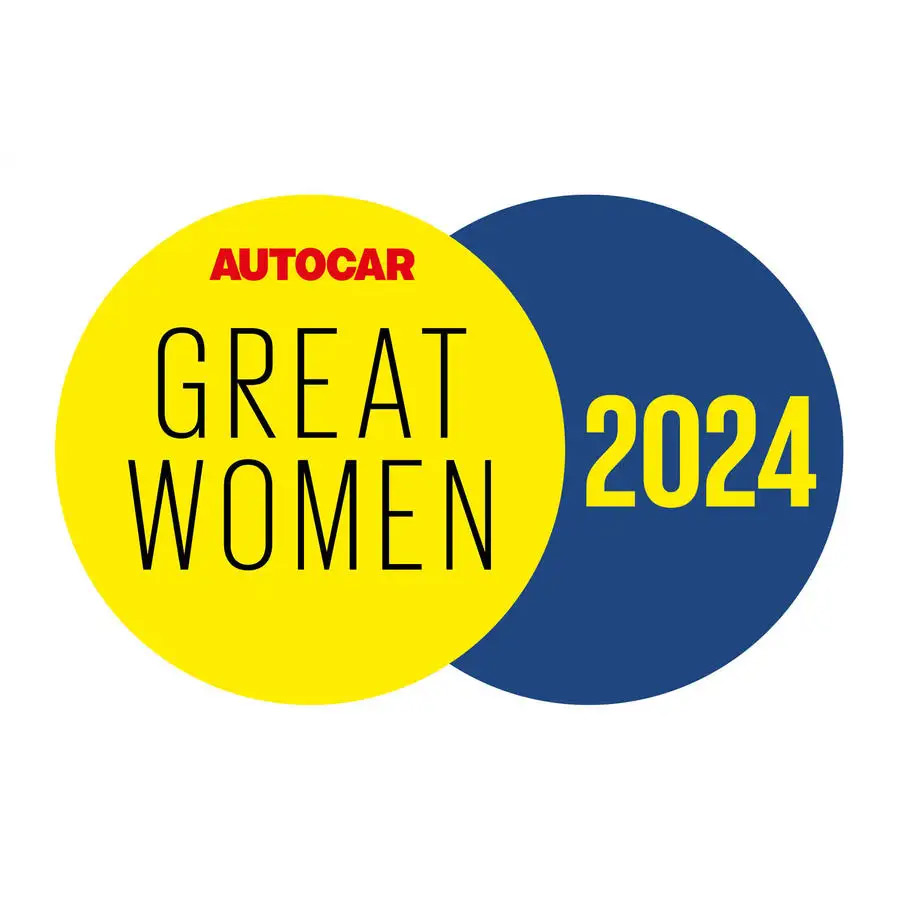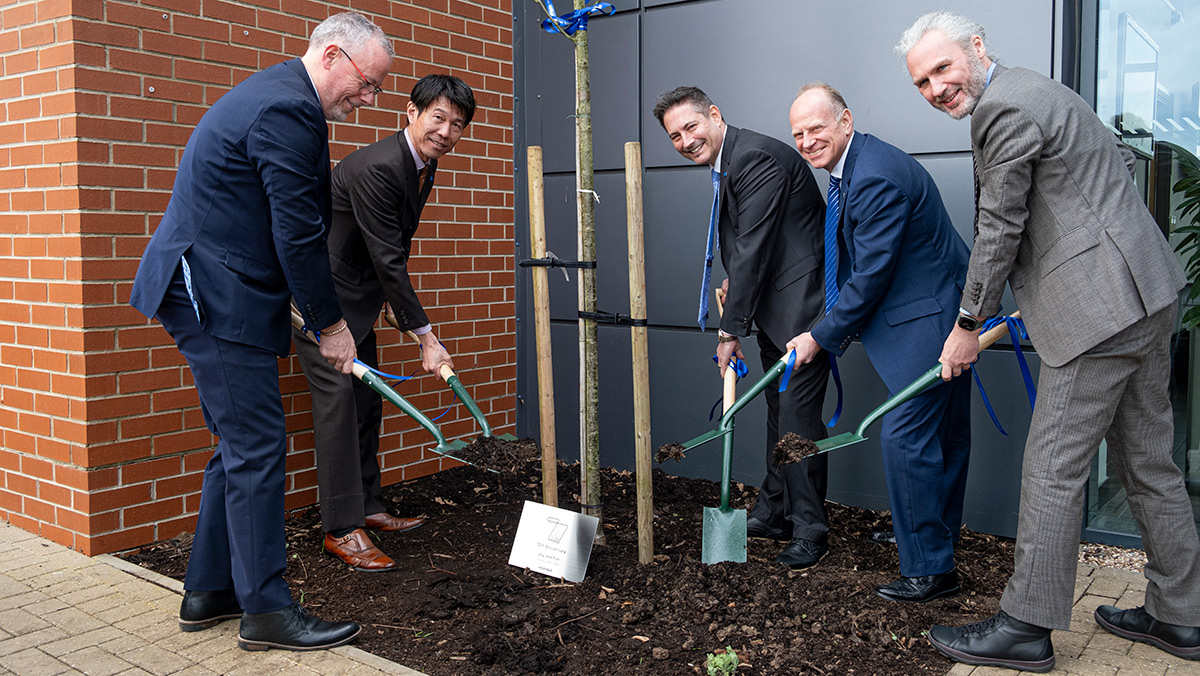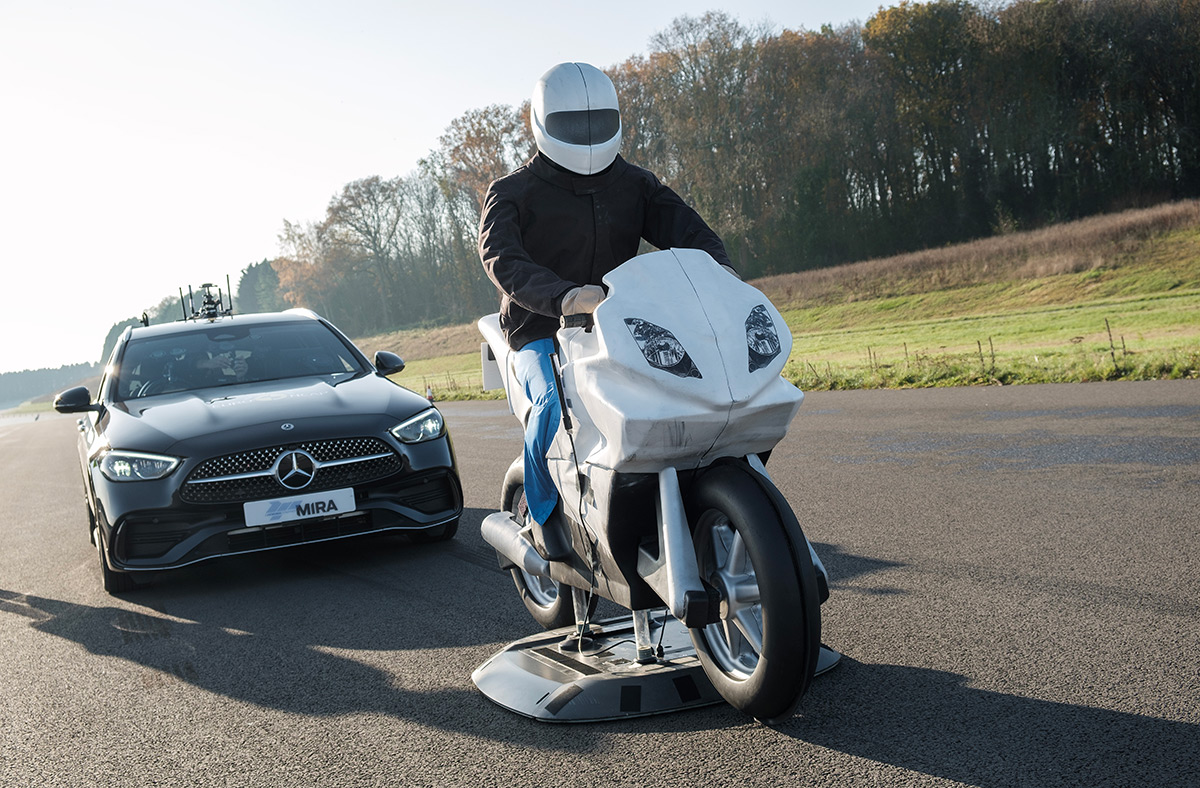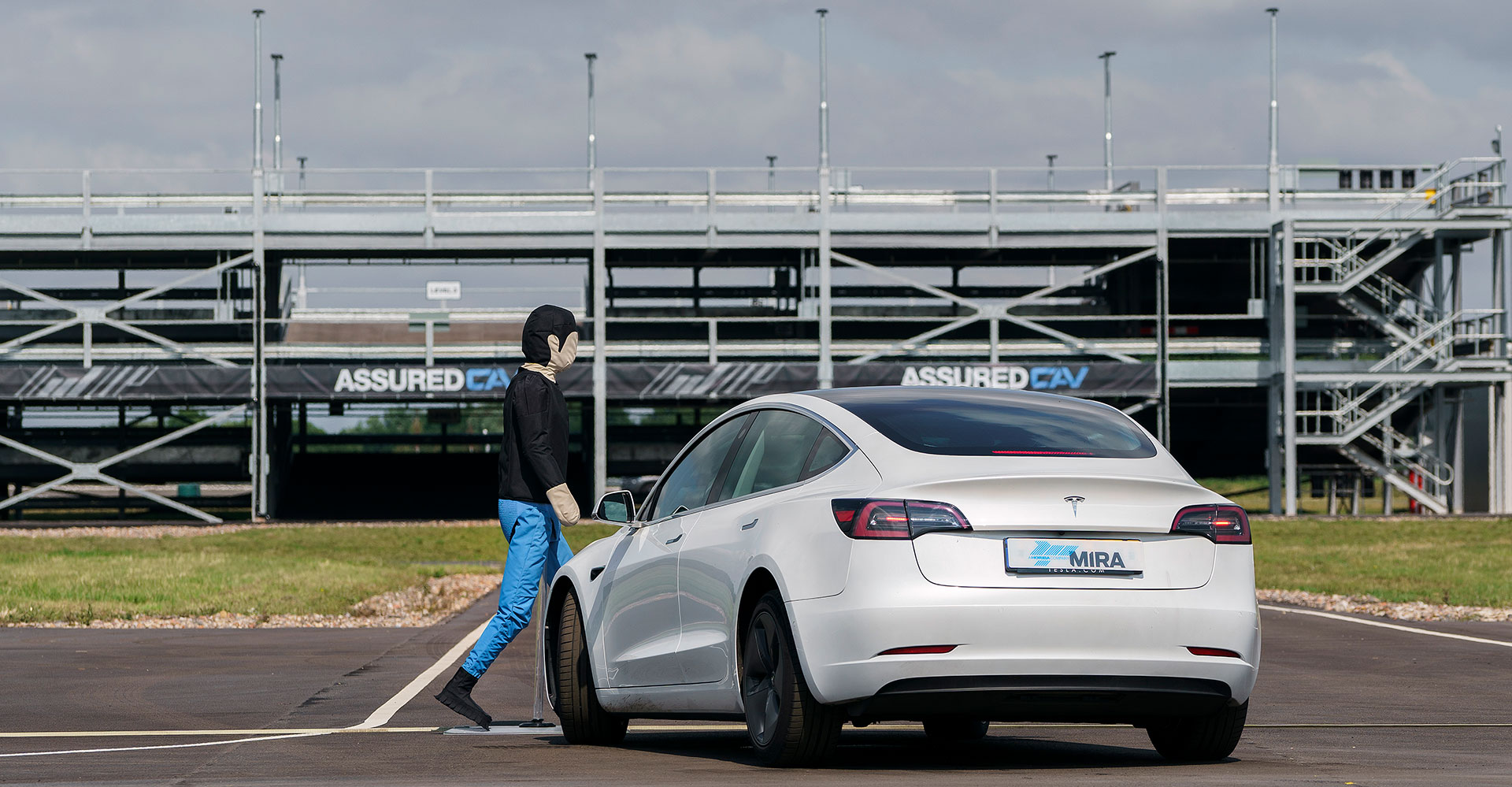HORIBA MIRA and Coventry University Celebrate Three Years of Landmark Autonomous Vehicle Centre
HORIBA MIRA and Coventry University are celebrating three years since the launch of the Centre for Connected and Autonomous Automotive Research (CCAAR), with the landmark partnership supporting some of the UK’s most high-profile projects.
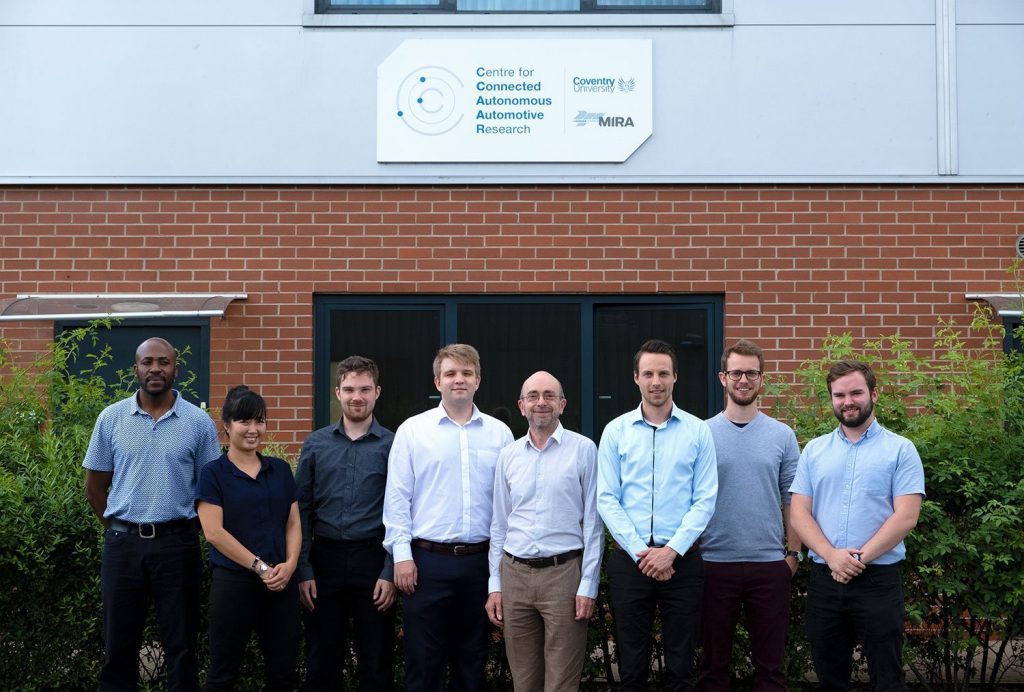
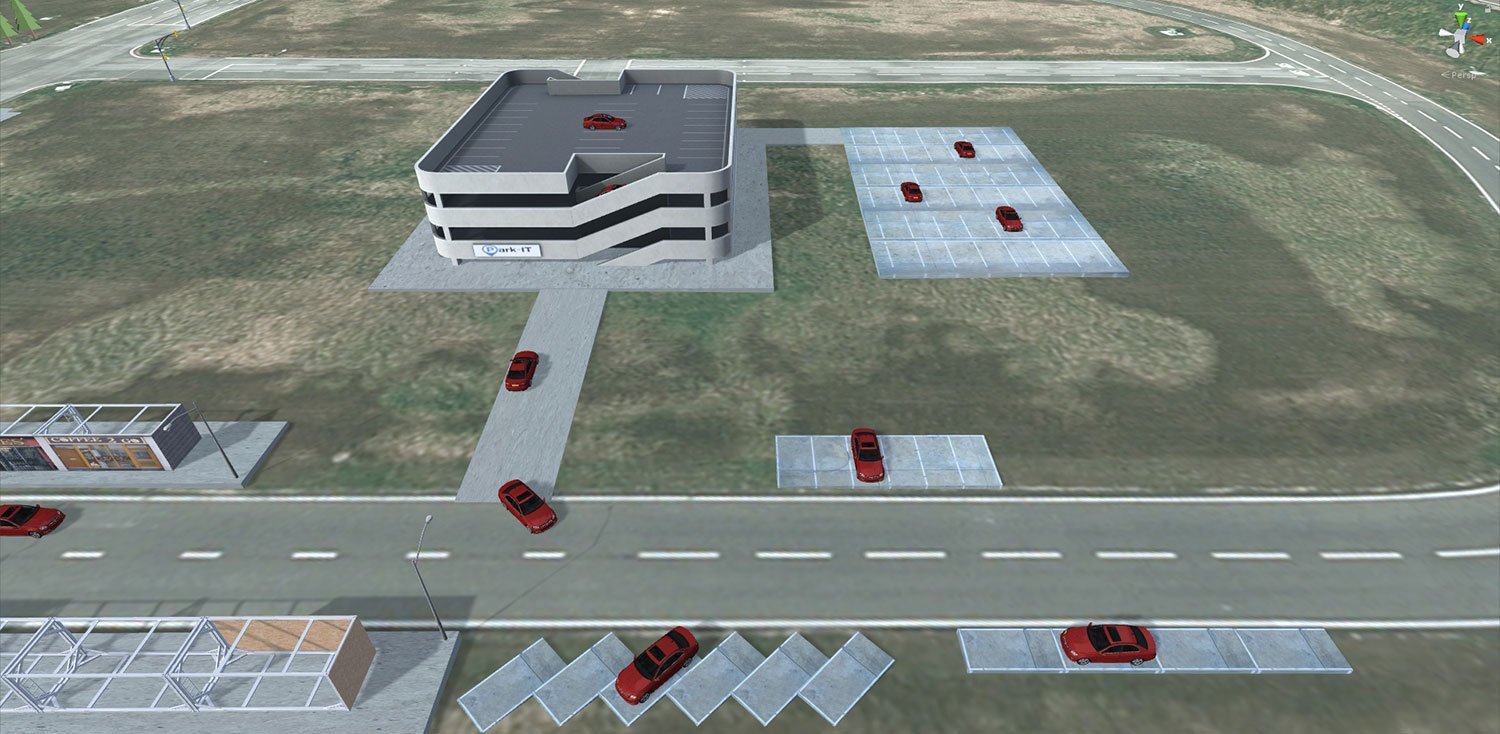
As a world-leader in vehicle engineering, research and product testing, HORIBA MIRA joined forces with Coventry University in July 2016 to open the automotive research centre at the MIRA Technology Park in Nuneaton.
Dedicated to developing intelligent, connected vehicle technology, CCAAR was created to provide an environment to simulate, test and evaluate the security and safety of Connected Autonomous Vehicles (CAV). The partnership has supported some of the UK’s largest CAV projects, including Trusted Autonomous Parking (Park-IT); an initiative to develop a multi-storey car park, on-road parking bays and parking lot environments within HORIBA MIRA’s CAV urban driving controlled environment. This will provide real-world parking situations to support in the development of highly automated parking solutions.
In addition, the partnership is supporting the Trusted Intelligent Connected Autonomous Vehicle consortium, known as TIC-IT. A project that will create a purpose built, safe environment for testing CAVs up to the limit of their controllability. Both projects are part of Testbed UK led by the Centre for Connected and Autonomous Vehicles (CCAV) and Zenzic the self-driving UK hub organisation, which was created by Government and industry to accelerate the self-driving revolution in the UK.
Anthony Baxendale, Head of Horizon Scanning and CCAAR lead at HORIBA MIRA, said:
“We are very proud of everything CCAAR has achieved over the last three years, supporting in the government’s strategy to establish the UK as a global leader in the development, testing and commercialisation of CAVs. The new centre has rapidly expanded the scope of the engineering and test services we offer our customers within the CAV industry, and we have seen our efforts make a real difference in helping to plug the prominent skills gap faced by the industry. I look forward to seeing how this successful partnership with Coventry University will continue to shape this fast-evolving segment in the years ahead.”
Kevin Vincent, Operations Manager at the Institute for Future Transport and Cities at Coventry University, said:
“We launched CCAAR as part of a multi-million pound investment in teaching, research and development within the transport sector. We are delighted to see that this investment is paying off, with the centre driving high-quality, high-impact research that is underpinning some of UK’s most ambitious projects into the development of connected and autonomous vehicle technology.
“We are also proud to see first-hand the real-world contribution our talented and hard-working students are having, not only on the automotive industry but on wider society as a whole. We are really excited about the significant future potential of our partnership with HORIBA MIRA.”
Part of CCAAR’s remit is to plug the ongoing industry skills gap by nurturing the next generation of engineers to support rapid growth in this automotive area. To date, the CCAAR hub has seen three students complete their PhDs, with two of the graduates now employed at HORIBA MIRA, and a further eight doctoral students currently in the programme. Under the Institute for Future Transport, the centre is also tasked with producing vital research in accelerating the deployment of new CAV products and services.
